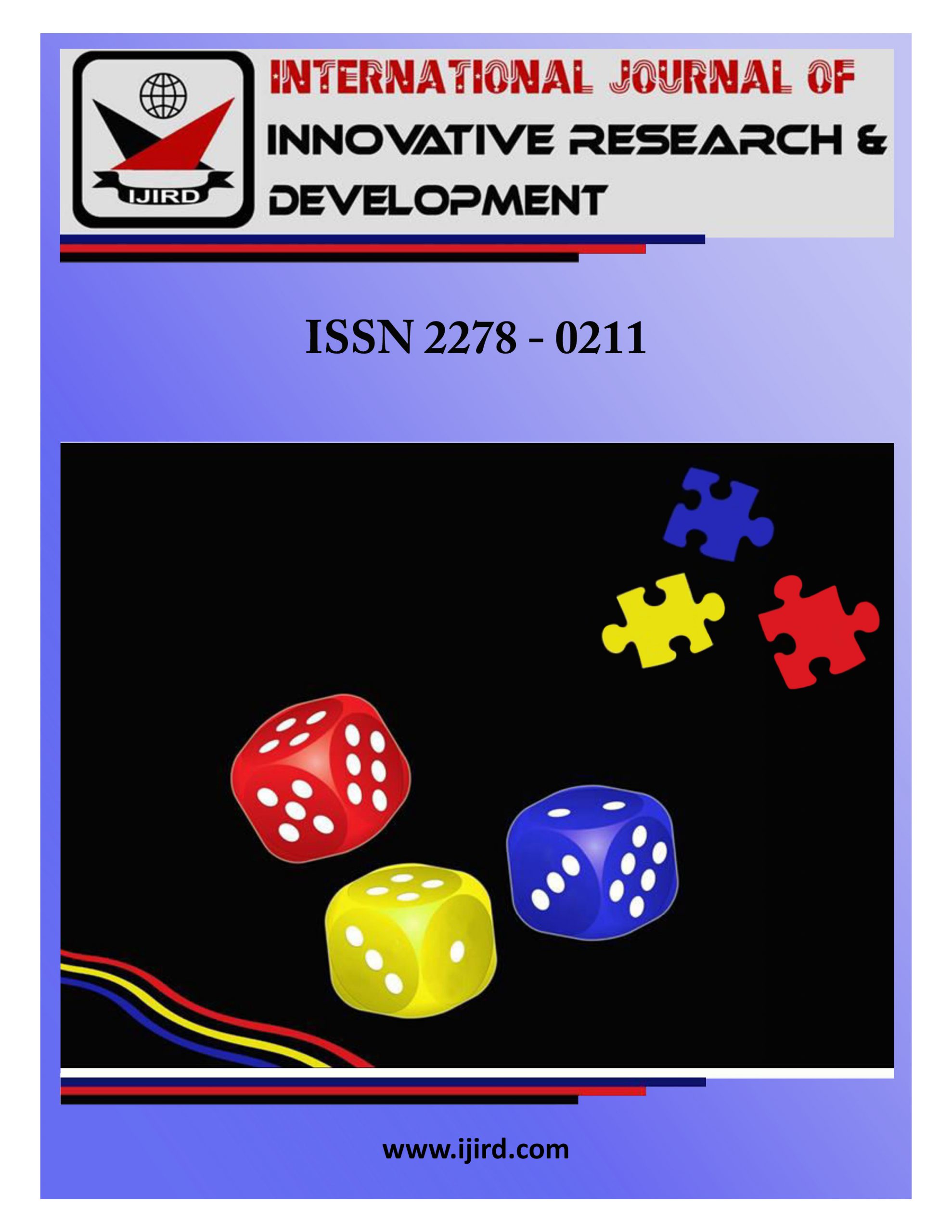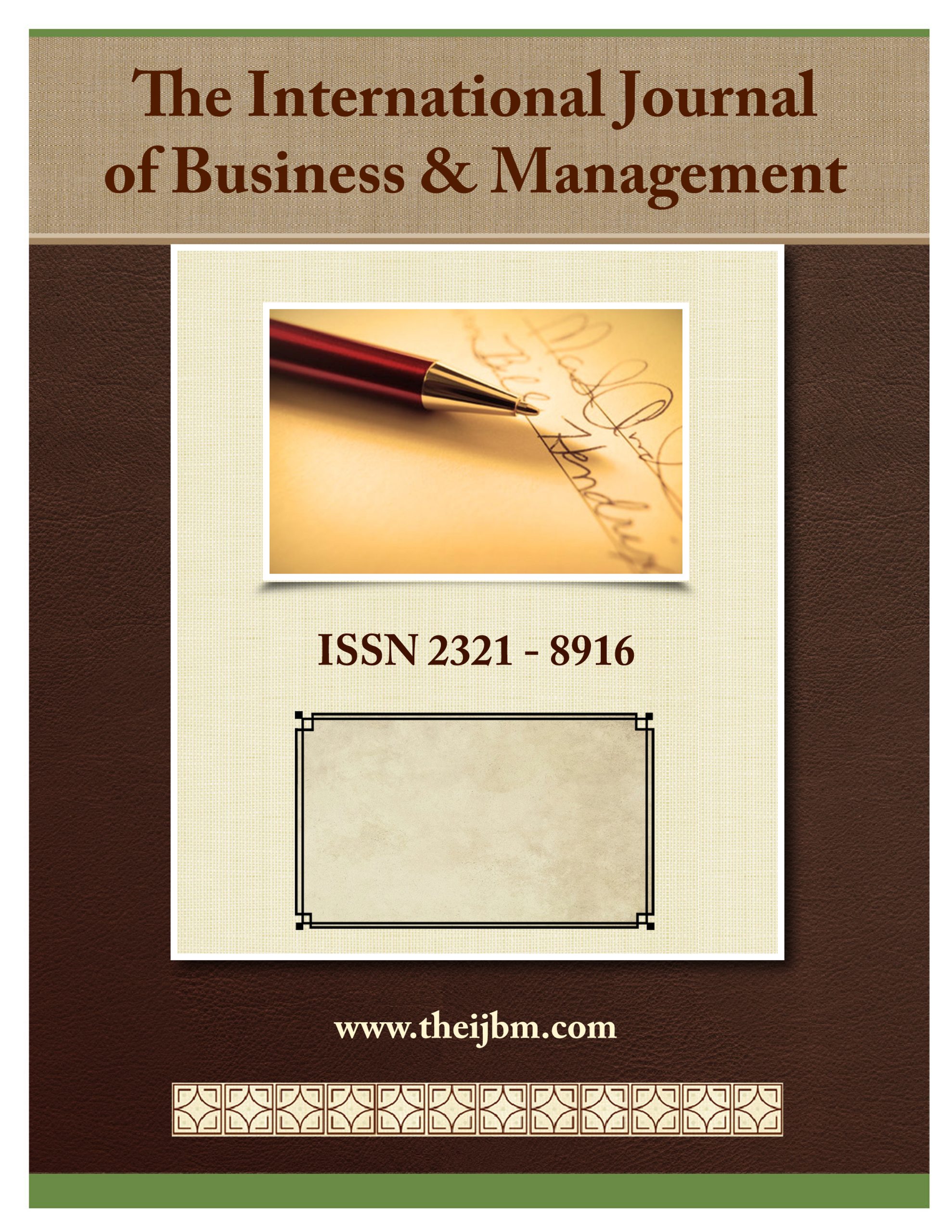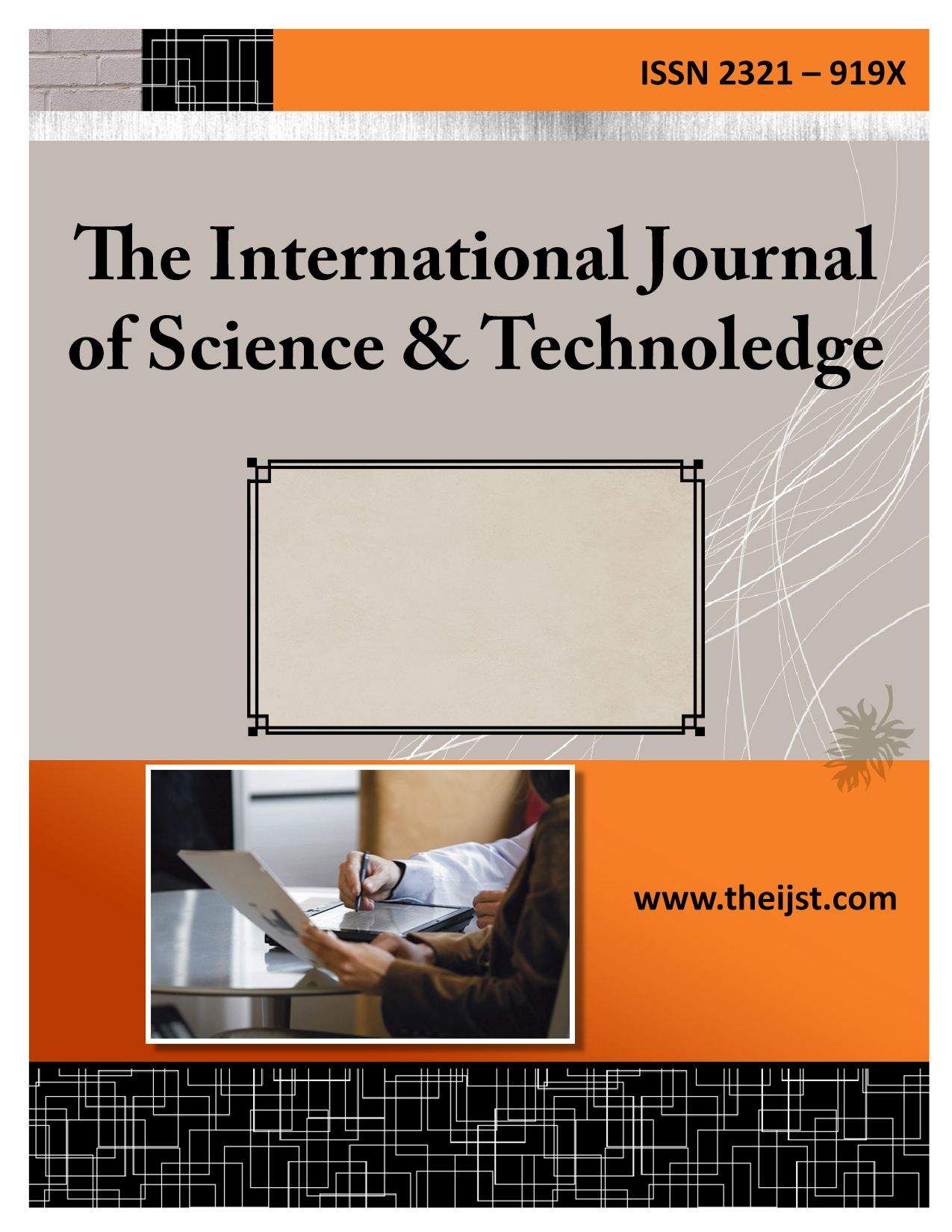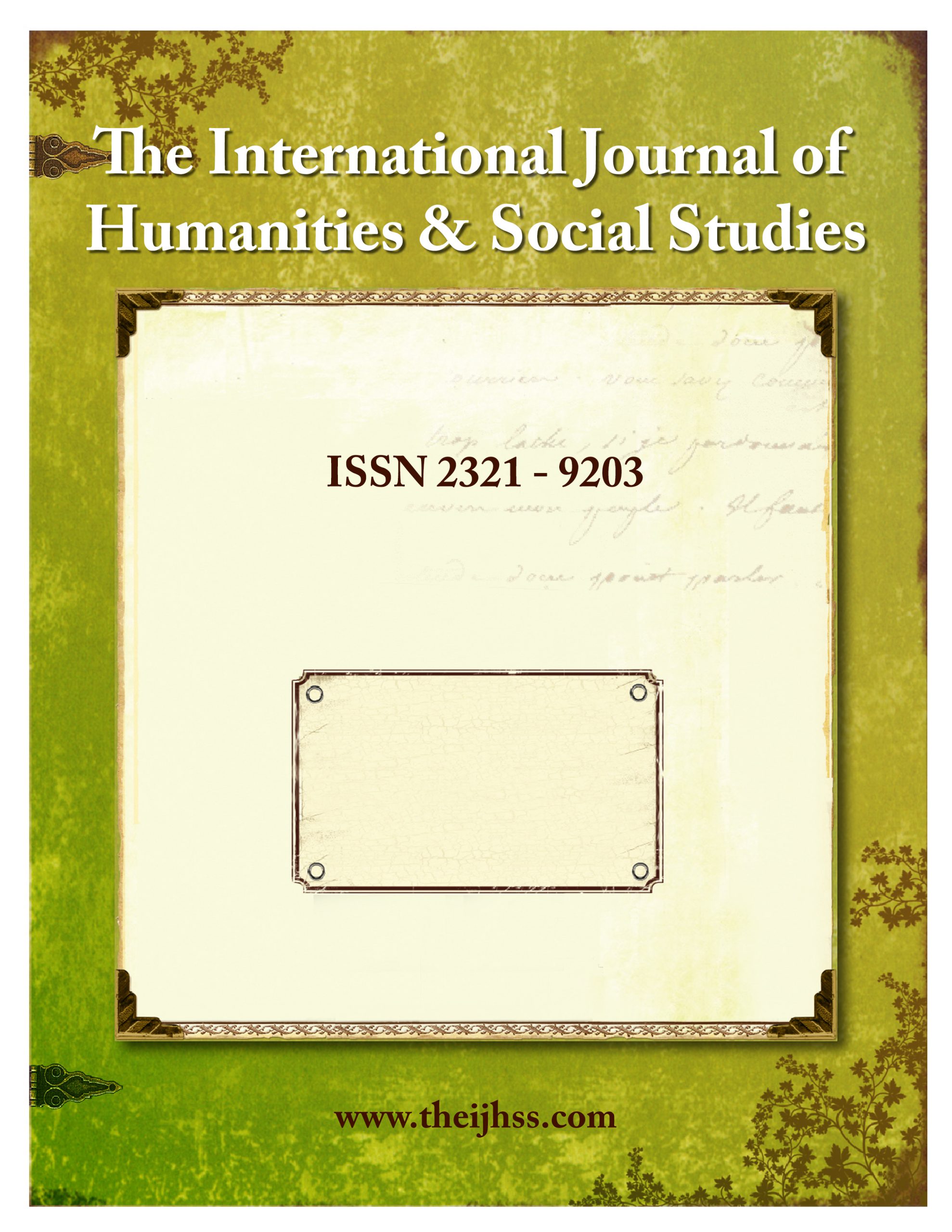Work-life balance is being able to organize time into performing professional and personal activities optimally, as per priority and requirement. It is true for academicians as well, because they need to find hours between self-study and family time. Maintaining a well-organized work-life balance is key to successful outcomes. However, when people work remotely from home, maintaining a good work-life balance can be challenging, because they find it difficult to distribute time between family and work hours, because the work space shifts to a home environment, and it might become difficult to cut off a start time and end time for each activity.
Here are 10 meticulous tips to have a great work-life balance while working remotely-
Make a Schedule– The first step to find time is to schedule your day. A day has 24 hrs, out of which, we have approximately 17 hrs. of activity. We have to carefully schedule each hour with tasks, based on priority. For e.g., we have to include wake-up time, brushing time, eating time, bathing time, relaxation, family time, and everything else in the schedule. We also must keep some buffer minutes, like it might always take 10 minutes longer to reach home from grocery shop some days, and we have to estimate that in our schedule. This kind of minute scheduling with attention to details of time, can give you a realistic picture of what you can achieve in a day. Scheduling can organize the workable time so that you can have more family time and self-time.
Manage Your Time Wisely– After scheduling comes allotting your time wisely. When you decide what you should do now, significance and importance of a task comes up again. For e.g., dish washing and kitchen cleaning are important, but surely they should not occupy the precious hours of your daytime, when your focus and concentration are at the peak. You can do the cleaning later in the day or may be, in the weekend. It can get problematic when you are staying home and also doing professional work, but you must realize that if you are a researcher, your weekday’s focus should be journal call for papers, or university project works; if you are a developer, your week’s focus should be coding or client meeting; household chores should be postponed to weekends.
Do Not Mix Pleasure in Work Hours– It is always imperative to stay focused in whatever you do. Do not think you can start watching television for 30 minutes, while you are writing a paper or doing data analysis; you cannot start chatting over phone in the midst of self-study or examination. Such distractions will always delay your work. Make sure to schedule pleasure time separate from work time. Also, do not attend to multiple tasks at a time. For e.g., you cannot cook, write, teach and clean at the same time. If you try it, all the tasks will be delayed. Start one, finish it with priority and go to the next.
Learn the 3 Ds– At the beginning of any graduate or post-graduate study, a student is taught the 3 Ds of time management. You must know how to “Delay”, “Delegate” and “Delete”. These are essential for prioritizing tasks. If a task is not important at the moment, feel free to delay it. For e.g., calling your sister is important, but can be done later if you have an article submission deadline this hour. Then you must learn to distribute responsibilities within the family. Ask your children, your spouse or any other member to share the household chores; in other words, you can allot washing machine to your kids, chopping vegetables to your spouse or paying the bills to your spouse etc. Some tasks that might not be important at all, must be deleted. For e.g., if a publication invitation is not lucrative enough, or doesn’t appear serious, do not spend time assessing it; be selective, choose only the significant offers and for others, just let it go.
Reduce Distraction– There can be other distractions besides pleasure activities or family work. Make a rule of thumb for yourself. Check emails only for 30 mins while you begin your day, and 10 mins while ending your day’s schedule. Checking emails intermittently can waste your productive time, when you want to finish a pending task, develop something, write something etc., i.e., the actual deliverables. Checking and responding to emails at intervals blocks your mind with concerns that are not relevant to your work at hand; it can damage your focus and attention. Also, practice keeping your mobile phones on silent mode while you are into serious work. Popping messages, notifications and alerts are also major distractions. Even watching YouTube videos, web browsing etc. are not good for work-life balance. When we attend to them, we waste the time of our work, and are not able to balance our work and personal life.
Establish a Sacred Work Space– Even though you are not going to office, your work is like worship that requires a specified space you want to enter every time you think of work. You should have your own office space, which cuts you from the surrounding environment during the time of your work. If you think you can just sit anywhere in the house and work, because there is internet, there will be distractions from family members, some talking in the neighborhood, something on TV, cooking noises, or anything it can be. You might feel lured towards other activities in between work. That will definitely hamper your work-life balance. A separate room is more supportive towards keeping you within boundaries of work during the day, and when you walk out, setting you free from it.
Set a Start and End Time– When you go to office, it automatically happens. You enter office a particular hour, and leave office, based on road traffic, work load etc. at a certain time. But you definitely have a fixed time to be back home. But when you are working remotely from home, this is something, you must do intentionally. Set a time, when you want to sit at work inside your office space at home, and set a time, when you will exit from that room. Do not blur the lines between work time and family time, don’t overstay schedule unless and until very necessary. Say you start work at 7.30 am in the morning, and you end at 4.30 pm in the afternoon. Follow this timing at your best to maintain a good work-life balance.
Do Not Micromanage Your Teams– Most of us has teams to work with. In case of academicians also, they have students, colleagues and subordinates to perform with as a team. Whatever be the scenario, don’t try to micromanage everyone or everything. Rather focus on a holistic optimistic output. Do not try to peek into your students’ personal attempts on journal call for papers. Do not focus on what every person in the project is working on, rather focus on your task and contribution. Extract information only related to your project orientation. Similarly, if you have a junior developer working under you, don’t try to find out what has he developed every hour, every minute. Rather give him a timeline to produce a task to some percentage. Micromanaging everything can curtail your own time; you won’t have any time for your health, self-care, knowledge gain, family or anything
Take a Lunch Break and a Couple of Movement Breaks– This is good for yourself and your family. It gives you an opportunity to unwind and escape to a more loved environment for at least 30 minutes, so that you can be back to work with higher energy and motivation. Take 3-minutes’ walk-around breaks a couple of times during your day. This is necessary for active body and mind. Sedentary lifestyle can lead to depression. Movements in between work, especially when you are working remotely keeps you healthy, protects your brain from being foggy, and helps you work better.
Keep Time to Enjoy– A part of self-care is also doing what you like the most. Take out time from life to read, play music, go camping, dance or whatever you enjoy doing alone, or with your family. Good mental health is very important for proper functioning of the body and brain. When you do activities you like, your brain gets nourishment from positive vibes.












